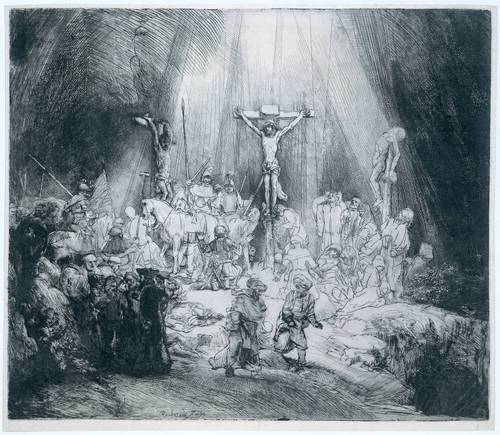 Last Sunday morning, my church formally announced our decision to plant a church in Austin, Texas in 2013. I will be leading the team. Lord willing, my family and I will be moving next May along with those from our church and elsewhere that God calls to join us in this adventure. This decision is the culmination of years of prayer and conversation among our pastoral team and is an overwhelming dream come true for me.
Last Sunday morning, my church formally announced our decision to plant a church in Austin, Texas in 2013. I will be leading the team. Lord willing, my family and I will be moving next May along with those from our church and elsewhere that God calls to join us in this adventure. This decision is the culmination of years of prayer and conversation among our pastoral team and is an overwhelming dream come true for me. The prospect of planting this church is thrilling and daunting, humbling and motivating. I believe that the local church is the guardian of God's gospel deposit, passed on from one generation to the next until he returns. I believe that planting churches is the New Testament model for fulfilling the great commission of baptizing and teaching disciples. I also long to establish a new church that will participate in that commission alongside our sister churches around the world. I also know that the task is beyond my strength--that the challenges of church planting are beyond my natural ability. Only God can build his church, can open blind eyes, can provide the unity, and peace, and wisdom, and love, and power, and gifts necessary. Only God can--yet God has promised to do just that. God has promised to empower us as we proclaim his gospel and work for his glory, seeking his kingdom first and trusting his sovereignty.
I can't wait to see what God is going to do! I am anticipating his power and goodness and wisdom at work in countless ways over the next year and beyond. I can't wait to see who he prompts to consider joining the church plant team and how he provides for their participation through new jobs and house sales and house purchases and grace for the inevitable pain of saying goodbye and saying hello. I look forward to seeing miracles as we trust him for meeting places and financial provision and set up needs and outreach opportunities and everything else that goes into the practical establishment of a new church. I can't wait to see his grace in future inevitable events. Our first community group. Our first public meeting. Our first baptism, and communion, and wedding, and funeral, and our first church plant team sent out from our church in the future.
May God watch over his Word and establish the work of our hands.
If you are interested in more information about this church plant, please contact me or any or our church staff at www.sovgracechurch.com.
